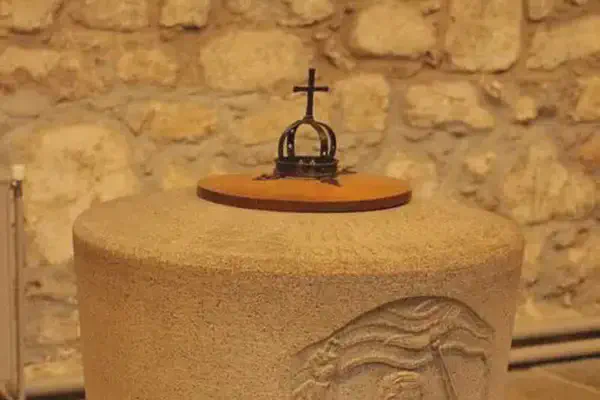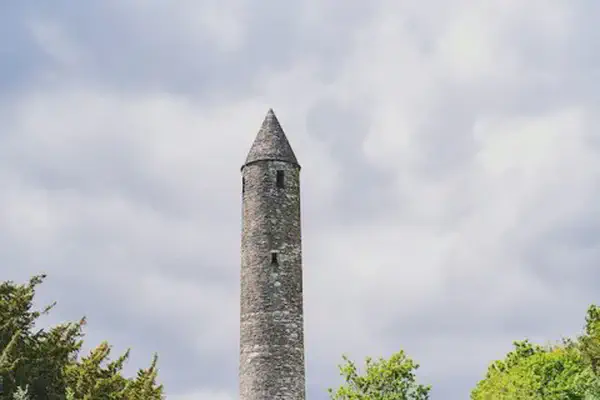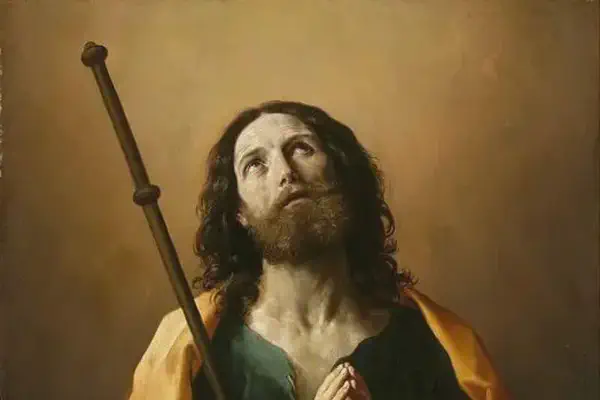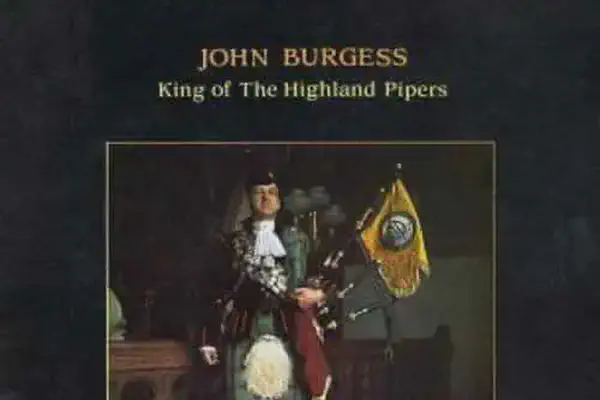On January 08, 1707 in Celtic History
Earl of stair, held responsible for the massacre of glencoe, died.

The Earl of Stair is a hereditary title associated with the Stair family in Scotland. The most notable individual associated with the title is John Dalrymple, who held the title of Earl of Stair. John Dalrymple, 1st Earl of Stair, was a prominent Scottish statesman, soldier, and diplomat in the late 17th and early 18th centuries. He played a significant role in Scottish and British politics during this period.
Key points about the Earl of Stair (John Dalrymple):
-
Political and Military Career: John Dalrymple, 1st Earl of Stair, had a long and distinguished career in both politics and the military. He served as a soldier in various campaigns, including the Nine Years’ War and the War of the Spanish Succession.
-
Political Offices: He held various political offices in Scotland and England, including Secretary of State for Scotland and Secretary of State for War. His influence extended to both the Scottish and English governments.
-
Involvement in the Glencoe Massacre: John Dalrymple is often associated with the Glencoe Massacre of 1692, as he played a role in formulating and passing down the orders that led to the massacre. While he was not directly responsible for the events on the ground, his role in the government’s orders has made him a controversial figure in the context of the massacre.
The Glencoe Massacre, a notorious event in Scottish history, took place in 1692. The massacre occurred during the time of King William III and Queen Mary II of England and Scotland, and it was carried out by government forces against the MacDonald clan in Glencoe, Scotland. The massacre is primarily associated with the actions of the Earl of Stair, although he was not directly responsible for the event.
Key points about the Glencoe Massacre and the Earl of Stair’s involvement:
-
Background: The Glencoe Massacre was a result of political and religious conflicts in late 17th-century Scotland. The MacDonald clan had been slow to pledge loyalty to the new monarchs, William III and Mary II, and their government.
-
Orders from the Government: In late 1691, orders were issued by the government to all clan chiefs, requiring them to take an oath of allegiance to King William III by January 01, 1692. Failure to do so would result in punitive action. The MacDonalds of Glencoe, led by Alasdair MacIain, were late in taking the oath due to a combination of circumstances.
-
The Massacre: On February 13, 1692, government troops, led by Captain Robert Campbell of Glenlyon, were quartered in Glencoe. They had been ordered to appear friendly and gain the trust of the MacDonalds before the massacre. On the night of February 13, they turned against their hosts and attacked, resulting in the deaths of around 38 MacDonalds. Others died of exposure while fleeing into the harsh winter conditions.
-
Responsibility: While the government’s orders came from the top, the blame for the massacre has largely fallen on Secretary of State Sir John Dalrymple, the Master of Stair. He had a role in formulating and passing down the orders. However, the Earl of Stair, John Dalrymple, was not directly involved in the events on the ground.
The Glencoe Massacre is remembered as a tragic episode in Scottish history and is often cited as an example of betrayal and political brutality. The events surrounding the massacre have been the subject of much historical debate and analysis, and it remains a significant chapter in Scotland’s history.
Related Content

Shane Patrick Lysaght MacGowan, lead singer of the Pogues, died

St Machar Day, patron saint of Aberdeen

Oíche Shamhna - Cetlic New Year Eve (Halloween)

ALBAN ELFED (Welsh Bardic name for autumn equinox)

Feast day of St. James

John Davie Burgess, King of the Highland Pipers, died at age 71.